Your support helps us to tell the story
From reproductive rights to climate change to Big Tech, The Independent is on the ground when the story is developing. Whether it's investigating the financials of Elon Musk's pro-Trump PAC or producing our latest documentary, 'The A Word', which shines a light on the American women fighting for reproductive rights, we know how important it is to parse out the facts from the messaging.
At such a critical moment in US history, we need reporters on the ground. Your donation allows us to keep sending journalists to speak to both sides of the story.
The Independent is trusted by Americans across the entire political spectrum. And unlike many other quality news outlets, we choose not to lock Americans out of our reporting and analysis with paywalls. We believe quality journalism should be available to everyone, paid for by those who can afford it.
Your support makes all the difference.Still wondering how to vote?
As the electorate prepare go to the ballot box, here is a simple guide on where each of the big parties stand, on each of the big issues.
The policy checker looks at the 'main seven' parties – Labour, Conservatives, Lib Dems, SNP, Ukip, Greens and Plaid – and their promises on a total of 19 key policy areas.
From the Tories plans for immigration, to Labour's stance on education, our experts explain what each of the leaders is promising to deliver.
IMMIGRATION
Labour
Want a cap on numbers of non-EU workers and would tighten student visa rules. Party would stop migrants claiming benefits during their first two years and outlaw child benefit being sent to youngsters overseas. It would ban recruitment agencies from only recruiting abroad and clamp down on gangmasters.
Conservative
Through “tough new welfare conditions and robust enforcement” Cameron would press for new EU rules barring migrants from receiving tax credits and child benefit until they have worked in Britain for four years. He would also tighten the student visa system and retain the cap on non-EU skilled migrants.
Lib Dems
Say they would continue to allow high-skill immigration and would conduct annual assessments of skill shortages and of the impact of migration on services. The Lib Dems would also require new Jobseekers Allowance claimants with poor English skills to attend language classes.
SNP
Argues for the devolution of immigration policy from London to Edinburgh. It says: “Scotland needs an immigration policy suited to our specific circumstances and needs.” It wants the introduction of two-year post-study work visas.
Ukip
Argues that the “broken” immigration system can ultimately only be repaired by quitting the EU. It also wants a five-year moratorium on admitting unskilled workers and an Australian-style points system for skilled migrants based on profession.
Greens
Deplores the “scapegoating” of immigrants and rejects any cap on numbers. It says there should be no restriction on foreign students. However, it stresses its opposition to “an open-borders approach”, accepting the need for some immigration controls.
Plaid
Leanne Wood’s party calls for the creation of a Welsh migration service to monitor skill shortages and ensure “a Welsh voice is heard in the development of migration policy”. It wants two-year post-study work visas.
EUROPE
Labour
Ed Miliband’s party would be “unlikely” to hold a referendum in the 2015-20 parliament. However, it would call an in/out vote if Britain proposed to hand over more powers to the European Union.
Conservative
David Cameron would renegotiate the terms of Britain’s membership of the European Union and put the new deal to an in/out referendum before the end of 2017.
Lib Dems
Oppose the Tories’ “arbitrary date” for a referendum but have not pledged to veto it in another coalition. But the party would hold a referendum before any transfer of power.
SNP
Strongly supports EU membership. The SNP would press for an amendment to legislation on a referendum, saying that an EU exit would require approval in each of the UK’s four nations.
Ukip
The only party calling for withdrawal from the EU. It wants a referendum held later this year if possible and would demand Mr Cameron’s 2017 date be brought forward in return for supporting a minority Tory government.
Greens
Support a “three Yeses” policy – Yes to a referendum, yes to major reform of the EU and, yes to staying in a reformed Union.
Plaid
Supports EU membership. It would join the SNP in proposing an amendment to referendum legislation so that an EU exit would require approval by each of the UK’s four nations.

EDUCATION
Labour
No more free schools will be approved under Labour. It has also promised that every teacher will be a qualified teacher. It has pledged to protect spending in real terms throughout the education system – including sixth-forms and the early years – and says it will give priority to reducing class sizes for five- to seven-year-olds to no more than 30 pupils. Labour wants to cut university tuition fees from £9,000 a year to £6,000. It also aims to offer pupils the opportunity to take a Technical Baccalaureate for vocational subjects.
Conservative
Would create 500 new free schools and force through academy status for up to 3,000 schools found by Ofsted to “require improvement”. They have said they will protect the funding for five- to 16-years-olds – but there will be no increase for inflation and cuts are likely in sixth-forms and nursery classes. New baseline tests for four-year-olds within the first few weeks of compulsory schooling would be introduced. Children who “fail” their national curriculum tests would be made to resit them in the first year of secondary school.
Lib Dems
Nick Clegg has two “red lines” covering education: increasing spending by £6bn over the lifetime of the Parliament – £2.5bn more than Labour would spend and £5bn more than the Conservatives; and increasing the pay of teachers, along with other public sector workers after 2017 when strides will have been made to pay off the deficit. The party also wants all teachers to be qualified, saying that former Education Secretary Michael Gove took advantage of a loophole in legislation introduced under Labour to exempt free school and academies.
SNP
Opposed to selection and will not be following the English academies/free school model for schooling that was a centrepiece of Coalition policy. In addition, it wants university tuition to be free – as is already the case for Scottish students.
Ukip
A key plank of its education policy is the return of grammar schools. Wants to see a grammar school in every town – but allow children to sit tests at 12 and 13 to gain entry as well as 11, as at present. Ukip also believes its tough line on immigration will reduce some of the spending pressures schools face by reducing the increase in the number of pupils.
Greens
Want to introduce a compulsory school starting age of seven – in line with many continental countries. Also wants academies to be returned to local authority control and to scrap tuition fees. But opponents have argued that its programme is not adequately costed.
Plaid
Also opposed to selection and – in line with the Greens and the SNP – it is also an anti-austerity party that would insist on increased public spending in areas such as education if it was part of a coalition.
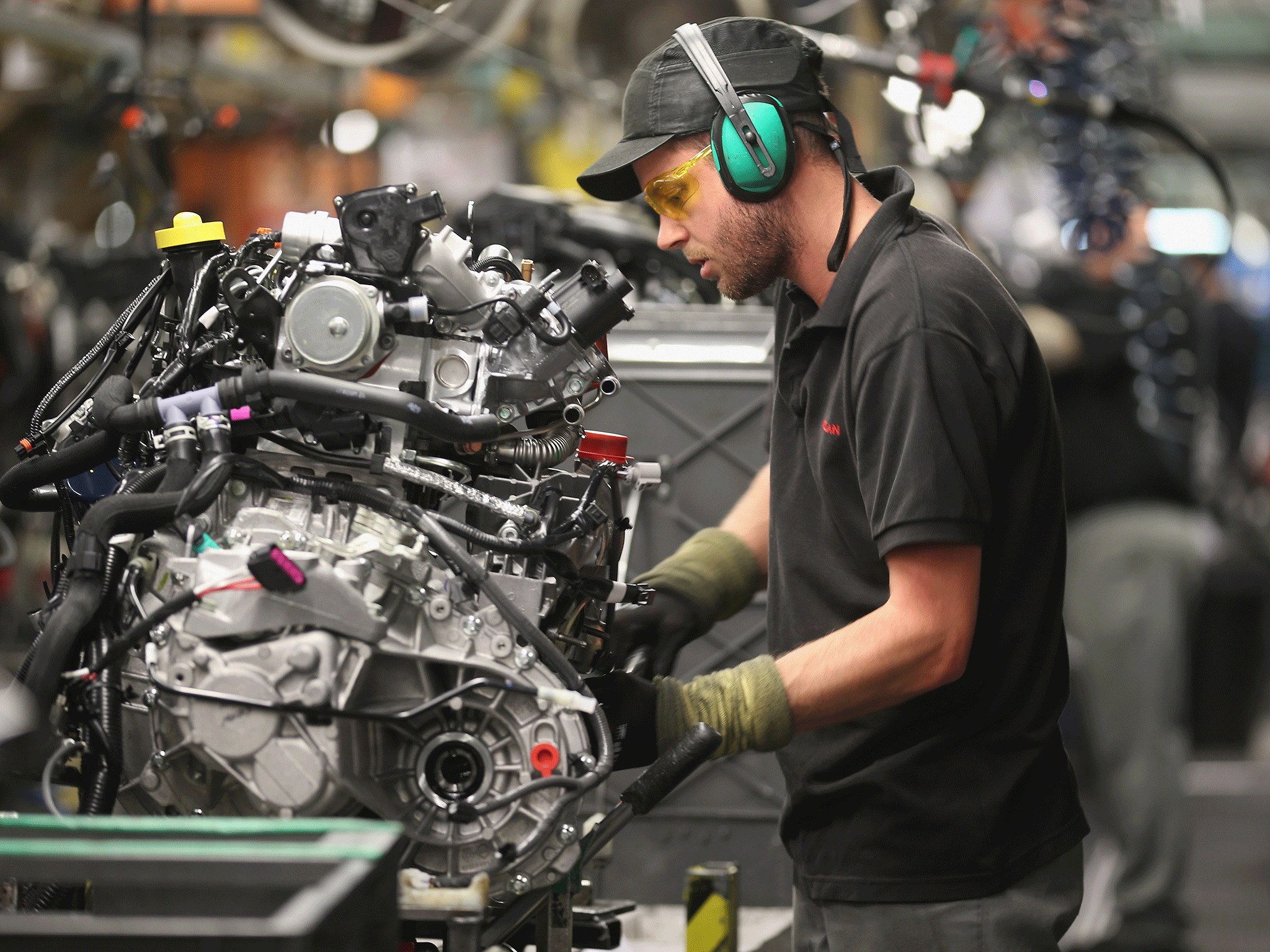
JOBS AND INCOME
Labour
All firms that bid for state procurement contracts would be required to provide training posts for young people under Labour. They would also raise the minimum wage to £8 an hour by 2019. Their most eye-catching cost-of-living offer is to cut tuition fees from £9,000 to £6,000.
Conservative
David Cameron says the Tories will create two million new jobs over the next five years. They also promise three million new apprenticeships and to make the minimum wage free of income tax.
Lib Dems
Pledging to double the numbers of businesses hiring apprentices, the Liberal Democrats have also said they would give young people aged 16 to 21 a discount bus pass to cut the cost of travel to work.
SNP
Wants more apprenticeships and promises that every 16- to 19-year-old in Scotland not in work or education will get a training opportunity.
Ukip
Jobs policy revolves around the supposed economic benefits of pulling out of the European Union and scrapping the labour market regulations of the Single Market.
Greens
Want to increase the minimum wage to £10 an hour by 2020 and the party says it would create one million jobs through a green investment programme.
Plaid
Wants to increase the minimum wage to a living wage for more than 250,000 workers. The party also promises create 50,000 jobs through more public contracts for Welsh companies.
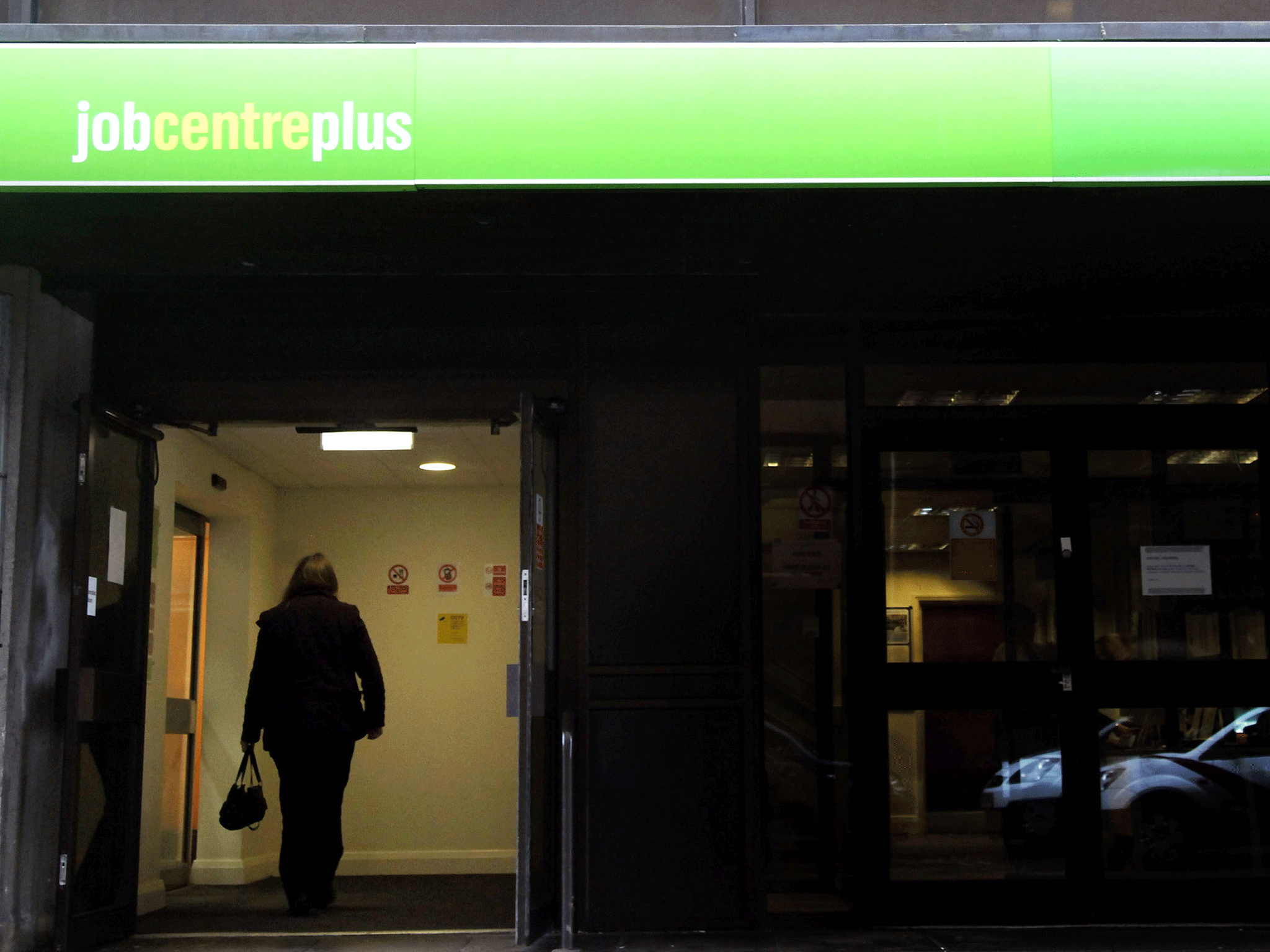
WELFARE
Labour
There are no plans to restrict working-age benefits cuts – apart from a pledge to freeze child benefits and keep the current benefit cap. Would scrap the bedroom tax and means-test winter fuel payments but keep other pensioner benefits unchanged, and conduct a review of universal credit.
Conservative
Plan to cut £12bn of working-age benefits while protecting pensioners. But refuses to say where £10bn of these cuts will come from. One obvious target would be restricting child benefits. But party will protect pensioner benefits including winter fuel payments and free bus travel.
Lib Dems
Working-age benefits would rise by 1 per cent. Overall social security spending would drop by £3bn through reducing fraud and error. The party also wants to keep the so called “triple lock” on increasing pensions but would restrict winter fuel payments.
SNP
The least austere party with regards to benefits. It plans to reverse Tory cuts to disability allowances and increase the work allowance in universal credit. It would also scrap the bedroom tax.
Ukip
Manifesto says Ukip supports the Conservatives’ plan to reduce the cap on benefits – but does not say at what level this will be set. Has also pledged to ban benefits for migrants for their first five years in the country.
Greens
Propose to pay everyone a citizen’s income, scrapping all benefits and replacing them with a guaranteed basic income for all.
Plaid
Would carry out a review of universal credit to decide whether or not it should be implemented. They would also review benefits sanctions and introduce what they call a “living pension” for all.
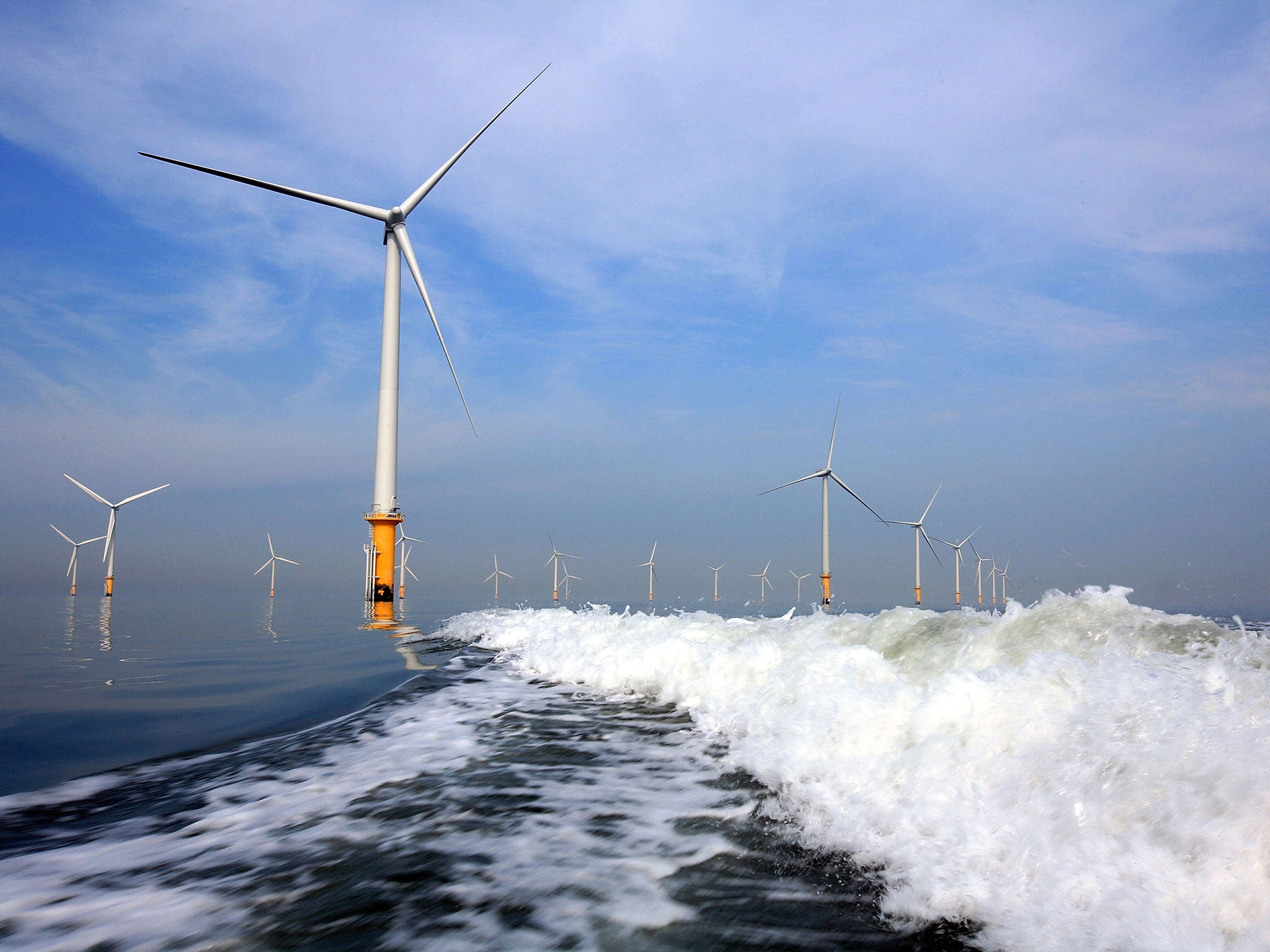
ENVIRONMENT
Labour
Would cap household gas and electricity bills for 20 months. It has also pledged a “superpowered” regulator that could strip energy providers of their licences if they repeatedly fall short of satisfactory customer service. The party would stop the badger cull.
Conservative
David Cameron has promised a parliamentary vote to repeal the Hunting Act. The Tories are also planning to expand the controversial badger cull. The party would curb the building of new onshore wind turbines and give strong backing to the UK’s fledgling fracking industry.
Lib Dems
Wants to increase the number of land wind turbines to raise the UK’s proportion of renewable energy, and backs fracking as long as it is strongly regulated. It believes that nuclear power has an important role in keeping the lights on and producing low-carbon electricity.
SNP
Against immediately developing the country’s shale gas reserves and wants to halt fracking until more is known about any potential dangers. SNP opposes new nuclear power plants and wants more onshore and offshore wind developments.
Ukip
Nigel Farage wants to withdraw all subsidies for new wind turbines and solar farms. Ukip would scrap the UK’s legally binding targets to cut carbon emissions by 80 per cent by 2050 – compared with 1990 levels – because it questions climate change.
Greens
The only party in England that would scrap fracking, because of environmental concerns. Greens oppose fossil fuels, saying they are “incompatible with our climate-change obligations”. They want to ban grouse shooting and hare coursing.
Plaid
The Welsh nationalists oppose new nuclear power plants and want a moratorium on fracking in Wales until more research can be carried out to see if it can be done safely.
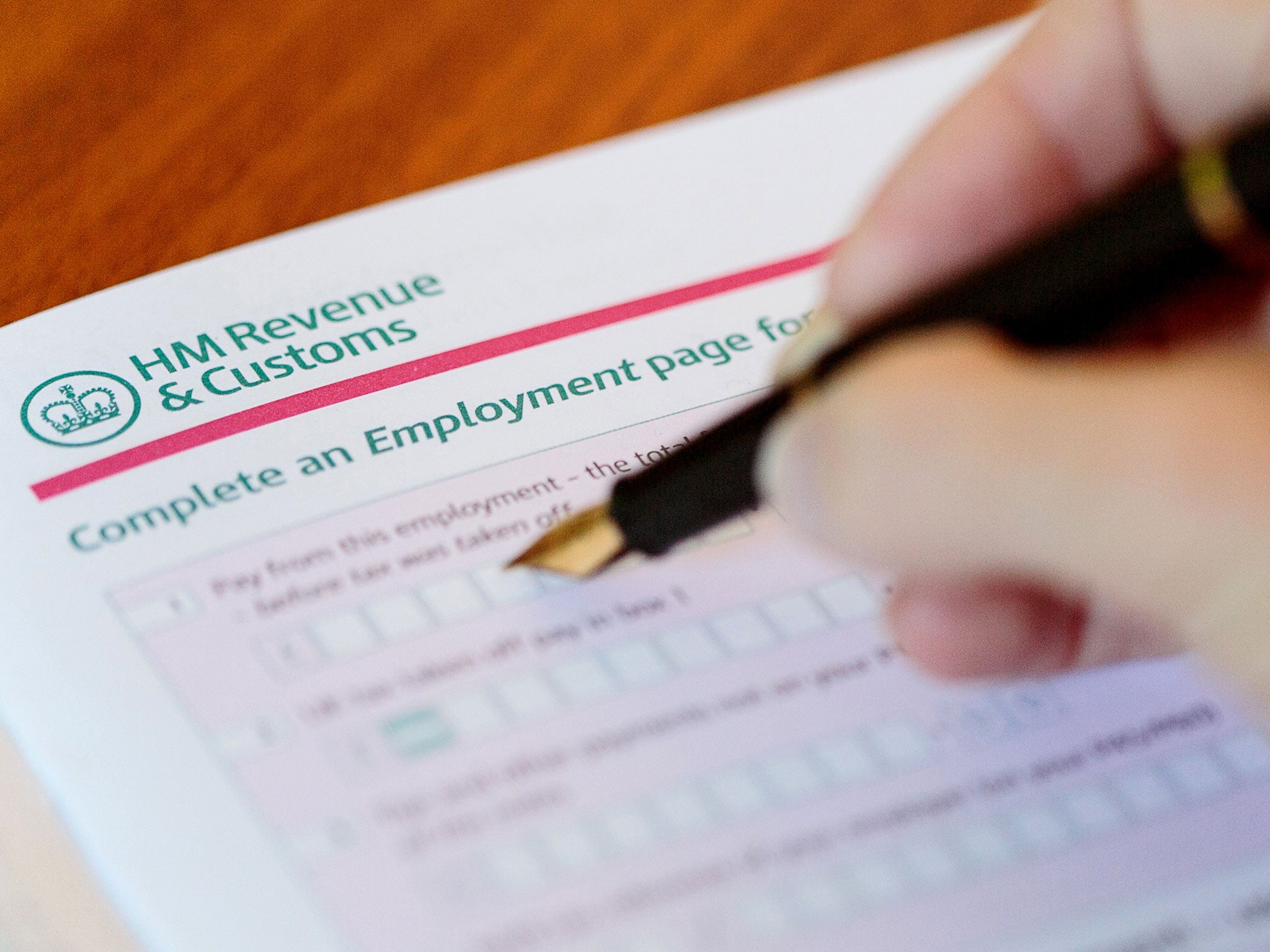
TAX AND DEFICIT
Labour
Would put the marginal income tax rate on earnings higher than £150,000 back up to 50p. Also planning a mansion tax for those with homes worth more than £2m, and would end the “non-dom” tax loophole. Labour could borrow around £30bn more than the Conservatives in 2019-20.
Conservative
Would increase the threshold at which the 40p rate of tax becomes payable to £50,000 by 2020. They also want to increase the effective inheritance tax threshold for married couples and civil partners to £1m. They want to run an absolute Budget surplus by the end of the next parliament.
Lib Dems
Want a progressive overhaul of council tax to ensure those in very expensive homes pay more. They also want to carry on raising the tax-free personal allowance and say they would balance the current budget by 2017-18 but would not seek an overall surplus like the Conservatives.
SNP
Says it wants an easing of austerity, not an increase. But the calculations from the Institute for Fiscal Studies based on the SNP manifesto suggests that public spending under the SNP plans would be slightly lower than under Labour by the end of the parliament.
Ukip
Says it wants to eliminate the current deficit by 2017-18. But it wants to use savings from leaving the EU and reducing foreign aid to fund tax cuts, implying that it, too, would still need to make big public spending reductions.
Greens
Want a wealth tax of 2 per cent on the richest 1 per cent of the population. They also hope to see public spending hit 45 per cent of GDP by 2019, up from the current level of 40 per cent.
Plaid
The Welsh nationalists say that reducing the deficit must not be done by making the most vulnerable in society “pay for the mistakes of politicians and bankers”. It is “time to end the austerity experiment”.
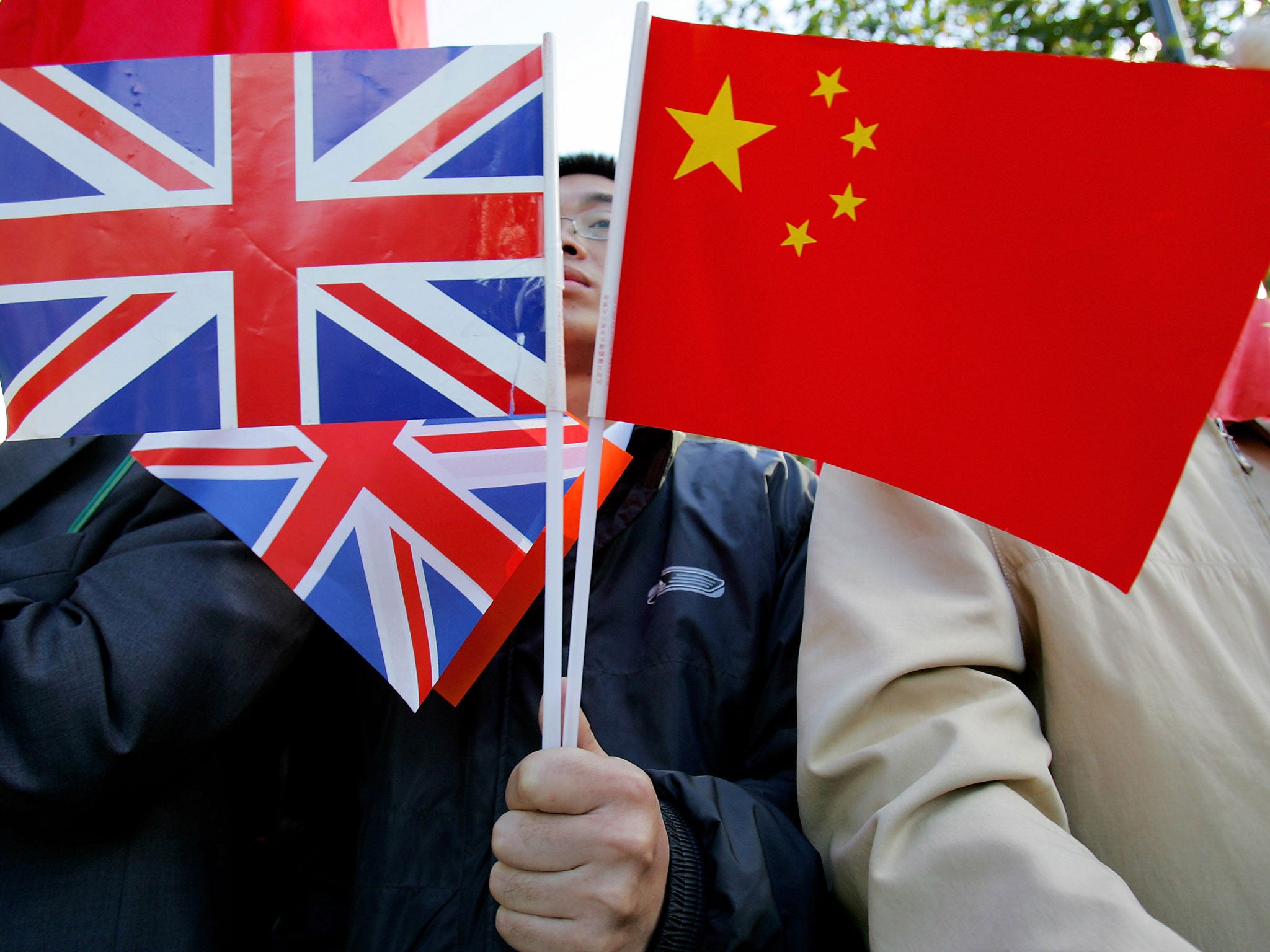
FOREIGN POLICY
Labour
The manifesto pledges to put human rights “at the heart of our foreign policy”. As power and wealth continues to shift from West to East, Labour plans an Asia Step-Change Taskforce “to ensure a more strategic and effective dialogue with regional partners, including China” both for commerce and cultural exchange.
Conservative
Freer global trade is a Tory priority, including pursuing an EU deal with India and China, with firms selling goods to China seeing their support doubled. The party has vowed to continue its rejection of Russia’s “illegal annexation” of Crimea.
Lib Dems
Arms exports to countries raising concern in the Foreign Office’s human rights report would be banned. The manifesto has also continued its commitment to ending female genital mutilation worldwide “within a generation”.
SNP
An audit of outstanding debt owed by developing countries should be carried out, with debt relief provided. The SNP also wants a diplomatic post in the Foreign Office to promote the rights of LGBT people throughout the world.
Ukip
Wants to end the ring-fencing of the overseas aid budget, cutting it from 0.7 per cent of national income to 0.2 per cent, and hand over responsibility to the Foreign Office. It says Parliament should be consulted before entering military conflict.
Greens
Want to increase overseas aid from 0.7 per cent to 1 per cent of GDP in the next five years and are looking to end talk of the Transatlantic Trade and Investment Partnership, calling it “globalisation in its worst form”.
Plaid
Wales should have a seat at the United Nations (see also ‘Defence’ and ‘Europe’).
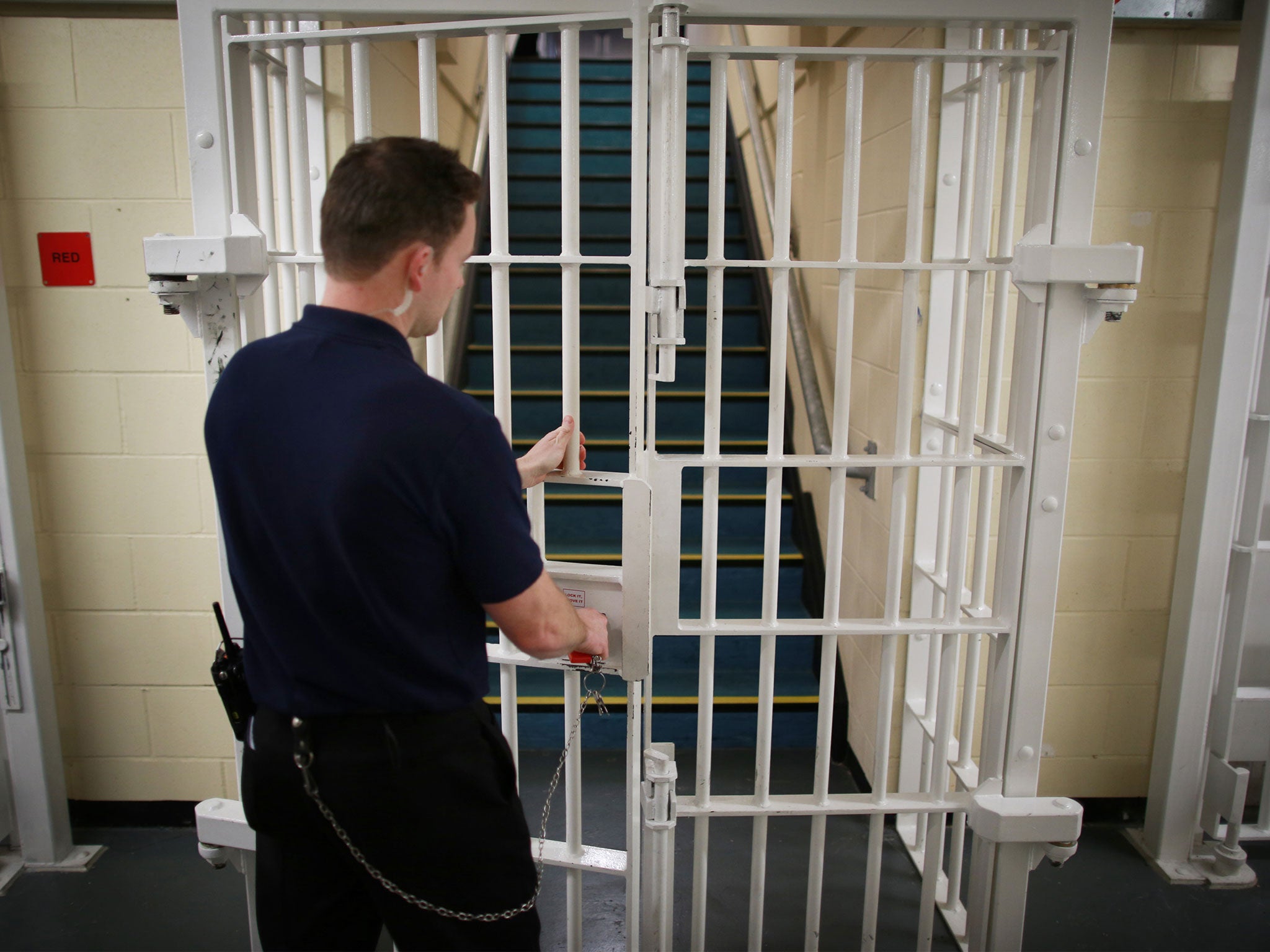
CRIME
Labour
Pledged to “safeguard” 10,000 police officer posts by streamlining police procurement. It calls for prisons which “both punish and rehabilitate”, and supports a review of the “Prevent” anti-extremism programme.
Conservative
Bringing in a “short, sharp spell” behind bars for persistent criminals is a key Tory promise. The party acknowledges police numbers might fall, while still reducing crime. It supports the retention of police commissioners.
Lib Dems
Advocate a deep cut in the prison population, using weekend custody and unpaid community work for minor offenders. They want to end imprisonment for the possession of drugs intended for personal consumption.
SNP
Responsibility for police is already devolved to Scotland. Fines collected in Scotland would be used for crime-reduction schemes north of the border. The SNP also wants police and fire services to be exempt from VAT.
Ukip
Would increase police numbers. It insists that full prison sentences should be served with parole only granted on a case-by-case basis and that money earned by offenders in jail should go to their victims.
Greens
Would decriminalise cannabis use and treat addiction as a health problem. Would reverse the privatisation of the probation service and wants far fewer offenders to be jailed. Say prisoners should be given the vote.
Plaid
Wants responsibility for police and justice devolved to Cardiff, supports decriminalisation of cannabis and wants the probation services returned to public control.
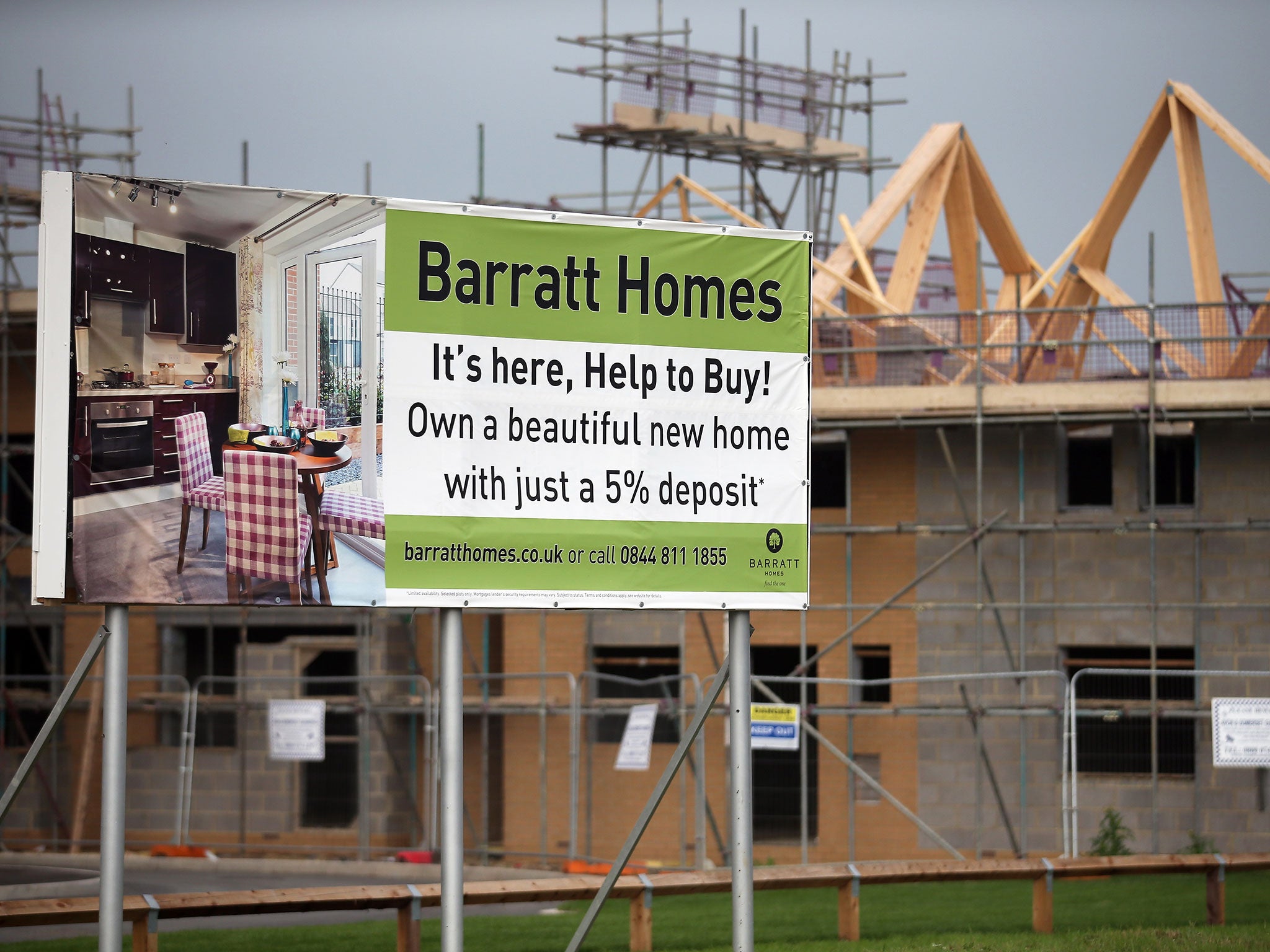
HOUSING
Labour
Promise to build 200,000 new homes a year by 2020, to give local councils power to restrict the sale of new homes to first-time buyers only, and to impose a “use-it-or-lose-it” rule on developers suspected of hoarding land. Three-year tenancies will be the norm, with a ceiling placed on high rent rises.
Conservative
Promise to build 200,000 new starter homes by 2020. They are also committed to the Help-to-Buy policy and would give Housing Association tenants the same right to buy their homes at a discount that council tenants enjoy. They are the only party that would keep the “bedroom tax”.
Lib Dems
Pledge to build 300,000 houses a year by 2020. They want to pilot a scheme called Rent to Own, where first-time buyers steadily build up a share in their home through monthly payments. It also plans Help to Rent loans and to link annual rent increases to inflation.
SNP
Says it is “on track” to build 30,000 new affordable homes in Scotland by 2016, and would support an annual house-building target of 100,000 new affordable homes a year across the UK. They say that 18- to 21-year-olds should be eligible for housing benefit.
Ukip
Has policies for increasing house building by freeing up government or council-owned land and easing planning regulation on converting offices to residential use. It would make more homes available by reducing immigration.
Greens
Promise 500,000 more social rented homes by 2020, and propose to increase the social housing budget by £4.5bn a year. Claims 350,000 empty homes can be re-used. Five-year tenancies would be the norm, and a landlords licensing scheme would be brought in.
Plaid
Promises to increase home building and to extend the HomeBuy scheme to enable first-time buyers to get on the housing ladder. Wants rent controls, and tax on empty properties doubled.

HEALTH
Labour
Has pledged a £2.5bn annual increase in spending, paid for by a “mansion tax”, crackdowns on tax avoidance, and levies on tobacco firms. It will pay for 8,000 more GPs and 20,000 more nurses and 5,000 more home carers, but there are concerns that money will not flow from the mansion tax until next year.
Labour has not explicitly promised the totemic £8bn by 2020, but claim it is the only costed NHS plan. Labour would also repeal many of the Coalition’s NHS reforms.
Want to reinstate the guarantee of a GP appointment within 48 hours, and seek total integration between the NHS and council care services.
Conservative
The Conservative health policy centres on a pledge to support NHS England’s own plan to make the health service more efficient, and focused on prevention rather than cure.
The plan assumes the NHS can save £22bn by 2020 – an unprecedented challenge – and will also need £8bn more annually from government. The Tories say they will meet this, but have been vague about where the money would come from. They have also set a goal for GP surgeries to be open 8am to 8pm, seven days a week by 2020. Over-75s have also been pledged a same-day appointment whenever they need one.
Lib Dems
Like the Conservatives, pledge to give the NHS in England £8bn more annually by 2020. The party says this could be paid for by the proceeds of economic growth, once the national deficit has been eliminated.
A key pillar of Lib Dem health policy is improving mental healthcare, which has become a personal crusade for health spokesman, Norman Lamb. Has spearheaded new waiting times standards for mental health services and plans to spend £3.5bn more on mental health in the next Parliament.
The Lib Dems say they want to get agreements from councils on pooling local NHS and council care budgets.
SNP
Health is a devolved matter, so the outcome of this election won’t directly affect the NHS in Scotland. However, the SNP could have a significant influence in Parliament. The party says its anti-austerity programme would include a £9.5bn increase in spending for the NHS across the UK, and has said it opposes private sector involvement in the health service.
Ukip
Nigel Farage has previously said there should be a “debate” about moving to an insurance-based system, but now says it firmly believes in the “public NHS”. It backed a £3bn annual spending increase, paid for by savings they expect to accrue from leaving the European Union.
Also want to see NHS staffing increases, paid for by requiring all visitors and migrants who have lived in the UK for less than five years to have health insurance – measures they say could raise £2bn. It proposes scrapping the hospital watchdog, the Care Quality Commission, and putting inspections into the hands of local health boards.
Greens
Would end austerity and hope to fuel economic growth with a stimulus package, including a £12bn annual increase in the NHS budget, to solve the current funding crisis, followed by 1.2 per cent annual increases after that. They would introduce free dentistry, chiropody and prescriptions in England, and would increase taxes on alcohol and tobacco.
New 28-day waiting times for talking cure therapies would be introduced and the internal NHS market abolished.
Plaid
With health a devolved matter, this election will not affect health services in Wales, but like the SNP, Plaid could wield influence in a hung Parliament. Party opposes privatisation in the NHS, and wants funding for the NHS in Wales to increase by £1.2bn a year, which it says would put its share of funding in line with Scotland’s.

CHILDREN
Labour
Tristram Hunt would increase childcare for three- and four-year-olds from 15 to 25 hours a week and has promised to protect SureStart centres from further cuts. The number of childcare places would be doubled to 118,000.
Conservative
Pledged to double the amount of free early education for three- and four-year-olds from 15 hours a week to 30. The extra hours would only be offered to working families where parents are employed for at least eight hours a week.
Lib Dems
Would introduce 15 hours a week of free childcare for all two-year-olds, offer 15 free hours to all working parents of children from the age of nine months and protect family support services from further cuts.
SNP
Free childcare hours for three- and four-year-olds in Scotland would increase from 16 to 30. Part of the money saved by removing Trident from Scottish waters would be earmarked for childcare.
Ukip
Will make childcare more affordable by allowing childcare vouchers and tax-free childcare schemes to be used to pay unregistered childminders. It also wants to ease planning regulations for the building of nurseries.
Greens
Natalie Bennett wants a free and universal nursery system for all children up to the age of seven – when they would start formal schooling. All nurseries would be led by qualified teachers with specialist knowledge of early years.
Plaid
An extra year of early education and childcare would be brought in for all three- and four-year-olds. At present, children of this age in Wales only receive 10 hours of free places a week.

DEFENCE
Labour
A “fiscally responsible and strategically driven” defence review would be held within a year. Jobs in the arms industry would be protected. Firms working for the MoD would sign a cyber-security charter. Trident would be replaced with a “minimum, credible, independent” nuclear weapons system.
Conservative
Nato’s target of spending 2 per cent of gross national income on defence would be met, with 20 per cent of that going on major equipment. The number of reserves would be brought up to 35,000, troops would be protected from prosecution under human rights legislation, and Trident would be replaced.
Lib Dems
Two per cent of national income would be spent on defence and a defence review would be held. A single security budget would cover the armed forces, the security services, cyber defences, humanitarian aid and peacekeeping missions. Trident would be scaled back.
SNP
A tough review of the MoD would be held, with the SNP accusing the ministry of mismanagement and inflationary spending. The party wants to scrap Trident, stop cuts in Scottish regiments and have new frigates and aircraft carriers built in Scotland.
Ukip
Defence spending would be increased by up to £4bn by 2020. The party supports the renewal of Trident, opposes the creation of an EU army, and would exempt armed forces personnel serving overseas from paying income tax.
Greens
The manifesto does not give any indication of the level of defence spending or the size of the armed forces. It includes a policy of “defensive defence”. The party would reduce arms exports, cancel Trident, and seek international treaties to abolish the use of killer robots.
Plaid
Manifesto does not indicate what it considers to be an adequate defence budget, nor what size the armed forces should be. It says that it wants Welsh units based in Wales. Also wants to scrap Trident.

BUSINESS
Labour
Would ban zero-hours contracts, freeze energy prices and limit profit opportunities for private firms operating in the NHS. But it has also pledged to establish a British investment bank to provide loans to small businesses.
Conservative
Plan to create a new workplace entitlement to volunteering leave for three days a year, on full pay, could create a headache for some firms.
Lib Dems
Stress they blocked Tory plans to liberalise employment regulations that would have enabled bosses to fire people more easily. They want to raise £1bn from supplementary corporation tax on banks.
SNP
Wants to ensure small businesses are paid on time by putting prompt payment measures into law. They also intend to press for the devolution of air passenger duty to boost Scotland’s tourism industry.
Ukip
Says it would pull out of the EU and negotiate a “bespoke trade agreement” to enable trade to continue.
Greens
Would bring the railways back into full public ownership, reversing the privatisation of 1993.
Plaid
Plans to reduce business rates on small shops and to push for EU approval for a reduction in petrol and diesel prices in rural Wales.
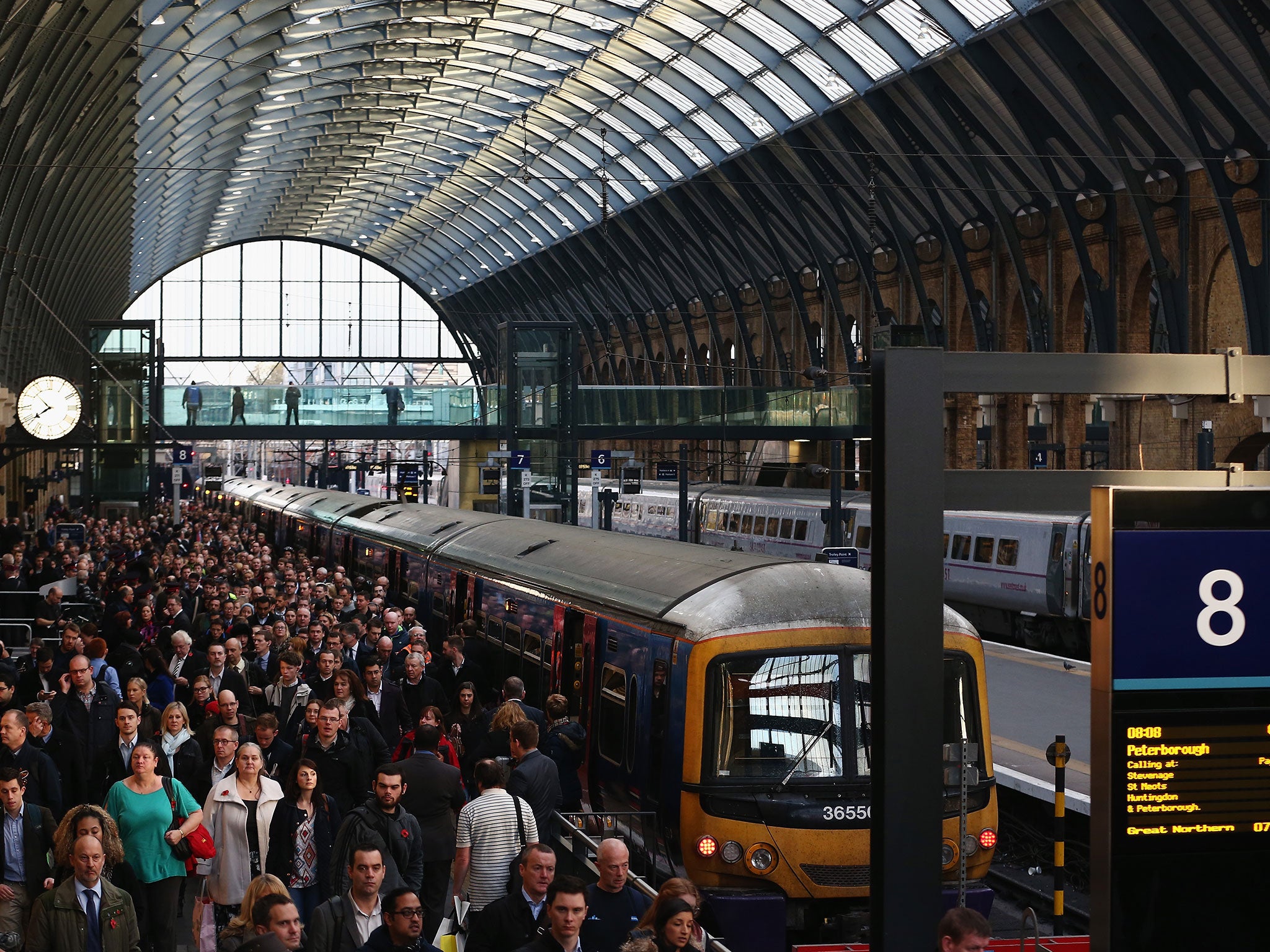
TRANSPORT
Labour
Promises to create a national rail body for oversight and planning and giving rail users a greater say in how trains operate. They also back fare freezes and continuing with HS2 plans, but to keep costs down. Airport expansion would be decided upon following the Airports Commission report.
Conservative
Pledging a £100bn investment in transport, including £200m in cycling. The party has committed to continuing with HS2 and proposes to stop train fares rising above inflation. Like Labour, they haven’t yet committed to a policy on London airport expansion.
Lib Dems
The Lib Dems promise a Greentransport Act, imposing targets on the most polluted towns, and promoting low emission vehicles in the public sector. They back HS2, would stop above-inflation fare rises and would encourage new tram lines. They rule out an airport runway extension.
SNP
Transport is a devolved issue, but the SNP wants to prioritise connecting HS2 from Scotland to England. Also wants to invest in high-speed transport links between Scotland and the north of England. The party believes public-sector organisations should bid to control rail services.
Ukip
Vehemently opposed to HS2 plans. Opposes speed cameras being used by councils for profit. The party would require all foreign vehicles to purchase a “britdisc” before entering the UK and using local roads.
Greens
Calling for the rail network to return to total public ownership and have ruled out any airport runway expansion. They propose an ambitious new scheme giving free public transport for all young people. They would also introduce an immediate 10 per cent cut of all public transport fares.
Plaid
Transport in Wales is a devolved power. Plaid wants to bring transport back to public ownership and has committed to invest in greater transport links, especially with an eye to cutting traffic on the M4.
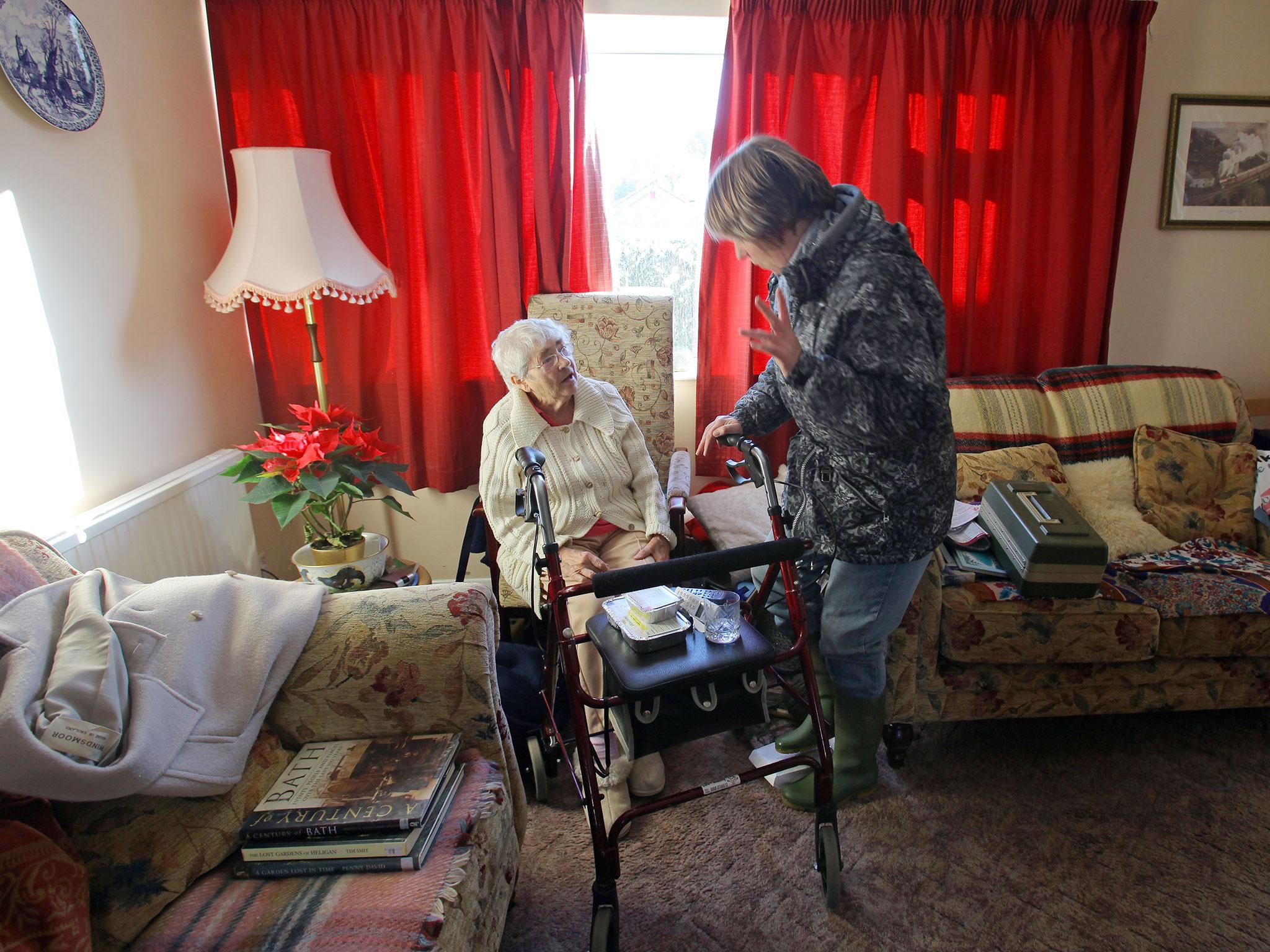
SOCIAL CARE
Labour
Wants the full integration of the NHS and social care. It will improve home care standards, ending 15-minute visits. Has also pledged to create 5,000 more home-care workers within the NHS, and to ensure all elderly people have a “single point of contact”. Labour also supports a cap on care costs.
Conservative
More integration between health and social care. They have also said they will back “innovative new approaches” such as devolving health and care budgets. On care costs, the party pledges no-one will have to sell their home to fund care in old age, and is committed to a £75,000 cap on care costs.
Lib Dems
Also want to see health and social care services integrated, and propose pooled budgets between councils and the NHS. They would replace the threatened Independent Living Fund for the disabled, and maintain the disabled student allowance. They pledge a £72,000 cap on care costs.
SNP
Health and social care are devolved matters, but the SNP has said it would block plans to cut Disability Living Allowance and will also back increases in the Carers’ Allowance. Integration between health and social care is already under way in Scotland.
Ukip
Pledges an annual increase in social care spending of £1.2bn a year, partly paid for by a sovereign wealth fund from any proceeds of oil and shale exploration that would be ring-fenced for care of the ageing population.
Greens
The only party, other than Respect, to back free social care for all, including at the end of life, which they say would cost an additional £8bn a year. They predict their investment in health and social care could create 400,000 jobs.
Plaid
Like Labour, Ukip, the SNP and Greens, would scrap the “bedroom tax”, which would be welcomed by many disabled people. They are also committed to integration of health and social care.
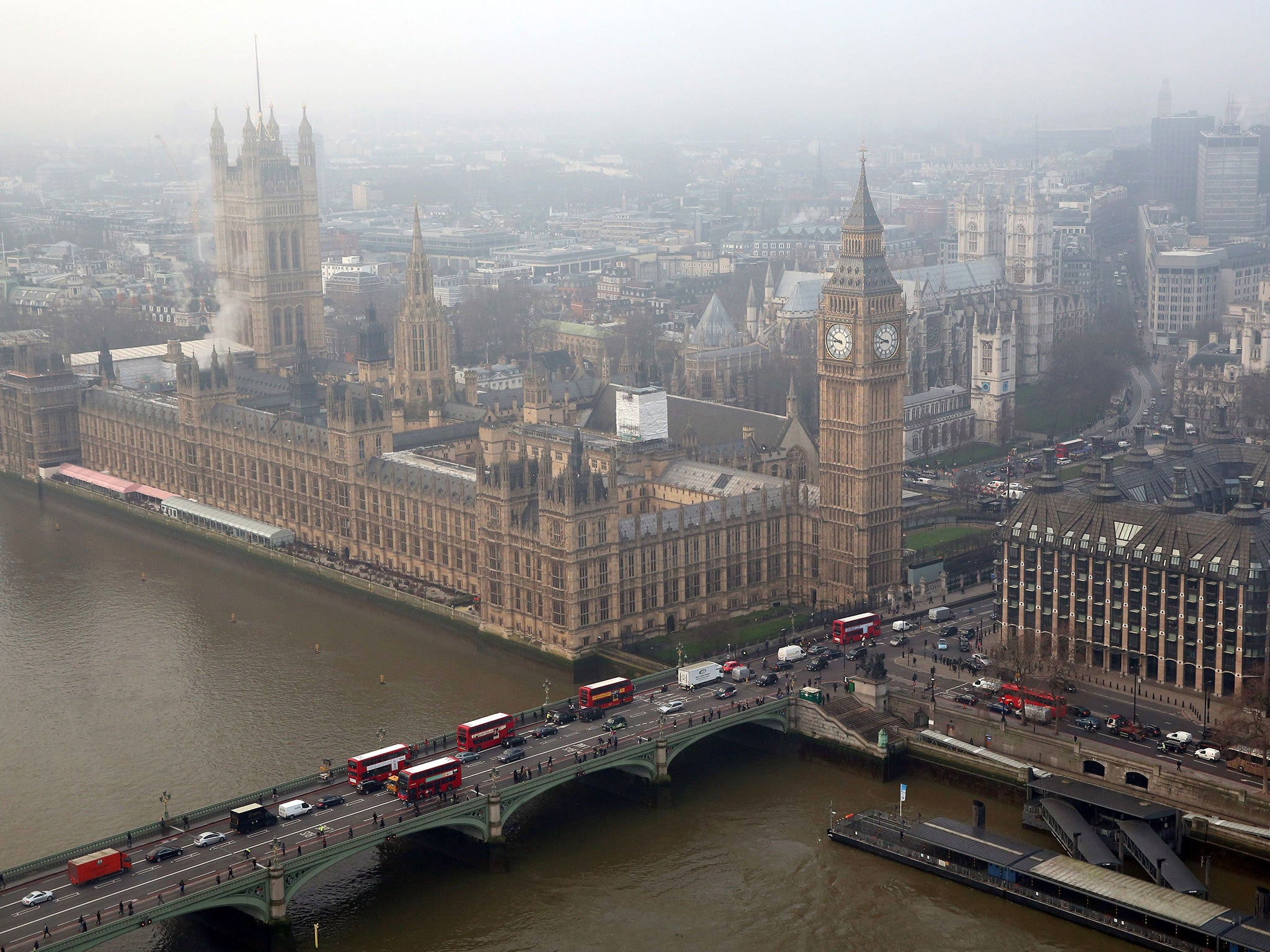
DEVOLUTION
Labour
Would switch £30bn of funding to English cities and counties, plus powers over economic development, skills, employment, housing and local transport. It would consider how to give English MPs more scrutiny over England-only laws.
Conservative
“Far-reaching powers” would be given to large cities with elected mayors, such as Manchester. A Cameron government would introduce “English votes for English laws” within a year. His party promises to provide Holyrood with new tax and spending powers.
Lib Dems
Nick Clegg says English MPs should have “a separate say” on English legislation, but wants English-only votes to be decided according to the parties’ share of votes rather than their number of MPs.
SNP
Although the SNP restates its support for independence, it stresses that this election is about achieving devolution only over certain areas such as employment, welfare, business taxes, national insurance and equality.
Ukip
Committed to keeping council tax as low as possible, cutting numbers of highly paid council managers and guaranteeing weekly bin collections. It wants English-only votes at Westminster on English matters.
Greens
There should be no limit on what authorities in England and Wales can raise through council tax, according to the Greens. The Scottish section, which supports independence, backs the devolution of powers to Scotland.
Plaid
Says Wales should receive the same funding and powers as Scotland, including responsibility for tax and spending. Says it would protect the use of the Welsh language.
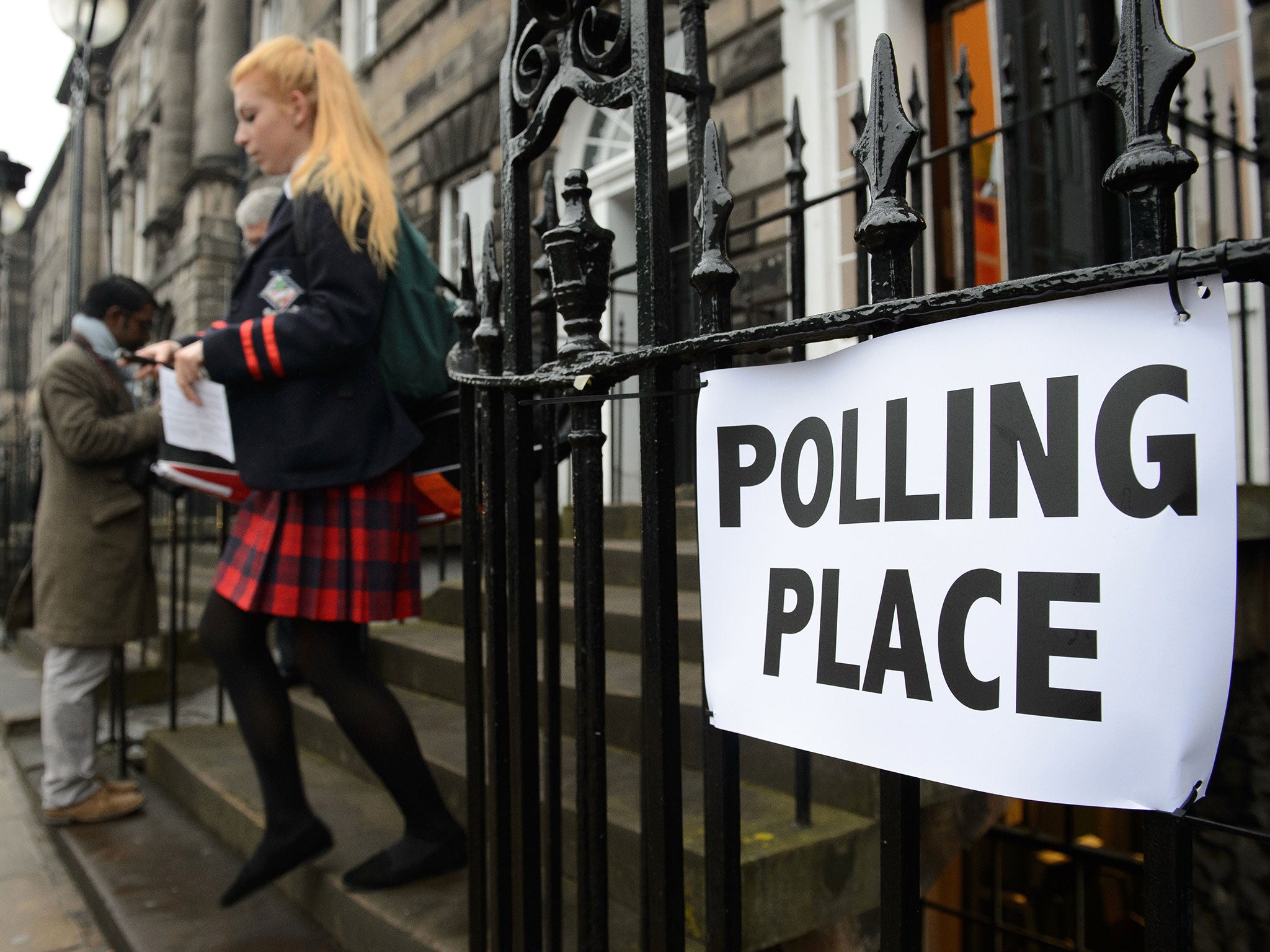
DEMOCRACY
Labour
Favours an elected House of Lords. It wants to lower the voting age from 18 to 16 and would support a constitutional convention to look at issues such as the implications of last September’s referendum on Scottish independence.
Conservative
Would reduce the number of MPs from 650 to 600 and redraw constituency boundaries to ensure seats have a similar number of voters. They favour “an elected element” to the House of Lords but this would not be a priority.
Lib Dems
Remain committed to proportional representation and an elected House of Lords. They would cap donations to parties at £10,000 per person, per year. They also support a constitutional convention and votes at 16.
SNP
Would abolish the House of Lords and bring in proportional representation at general elections. It favours votes at 16, which happened for the first time in the UK in Scotland’s independence referendum.
Ukip
Supports a proportional voting system, and would allow referendums every two years on issues where petitions gather two million signatures. Wants a tougher power of recall to allow constituents to sack MPs.
Greens
Favour a written constitution with a Bill of Rights. They support proportional representation, including for a fully elected House of Lords. They would bring in votes at 16 and make equality before the law a constitutional right.
Plaid
Supports a fully elected House of Lords, chosen by proportional representation. Wants to cut the number of MPs and bring in a stronger right for voters to sack MPs.
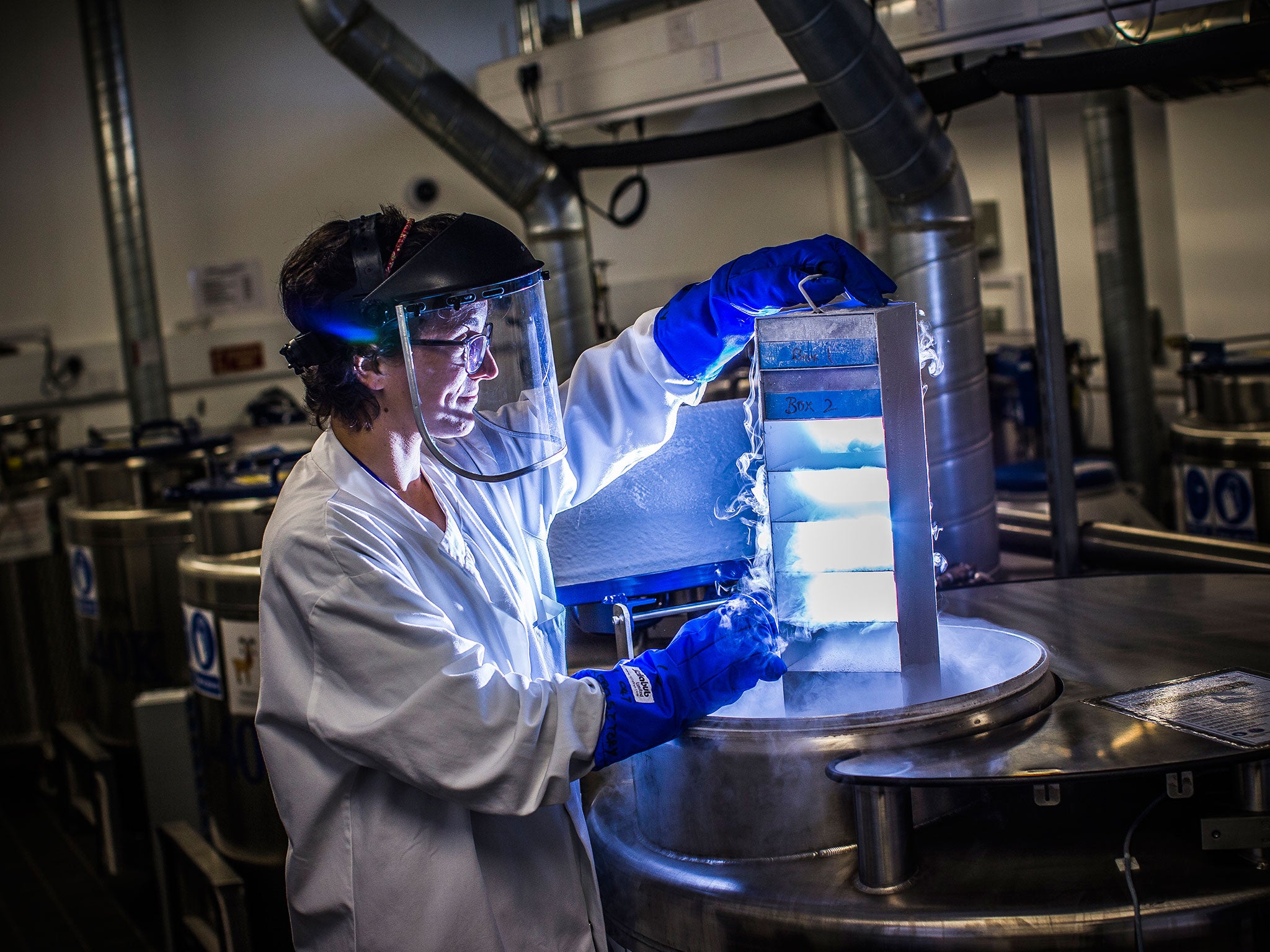
SCIENCE
Labour
Promise a “smarter” immigration system to welcome overseas scientists. The party has also said it would address the widening skills gap – which it says will leave Britain with a shortfall of 400,000 engineers by 2020.
Conservative
Say the science budget will increase “at least in line with inflation by the end of the next parliament” and vow scientists should then decide where the money goes.
Lib Dems
Vince Cable has said the £4.6bn-a-year science budget would be ring-fenced. The party has also promised to protect the entire education budget and will “promote the take-up” of STEM (science, technology, engineering and maths) subjects in schools, especially by young women.
SNP
“Committed” to the Haldane principle – the idea that decisions about what to spend research funds on should be made by researchers. They say they support science in schools and will encourage it as a career choice.
Ukip
Has promised to introduce a points-based system for immigration, which the party argues will affect unskilled immigrants rather than skilled scientists.
Greens
Have called for the science budget to be increased to one per cent of GDP and said it “supports” the Haldane principle of allowing scientists to spend funding as they see fit.
Plaid
Will support the skills needed to promote the green economy, with a special emphasis on renewable energy which is seen as a potentially significant growth area for Wales.
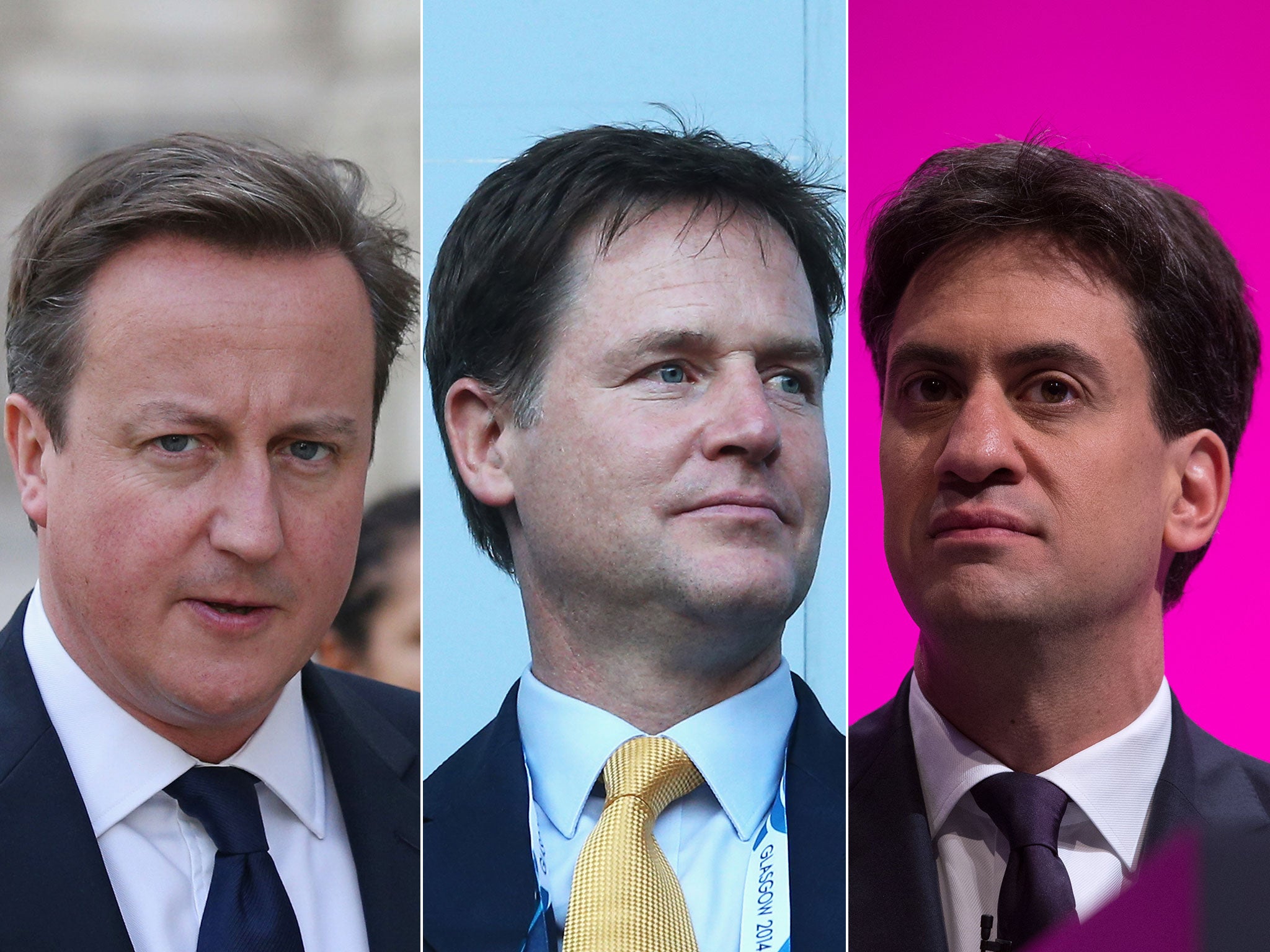
Join our commenting forum
Join thought-provoking conversations, follow other Independent readers and see their replies
Comments